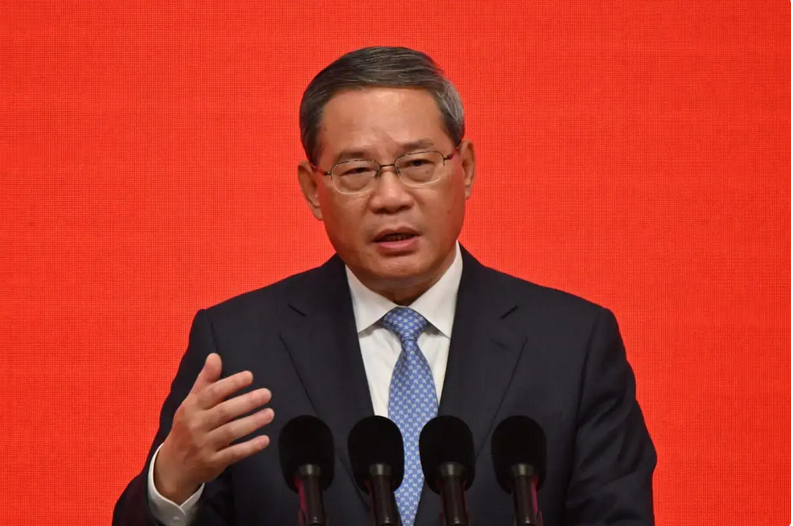Just a few days after reaching a consensus on a resolution pertaining to artificial intelligence (AI), Chinese officials are stepping up their demands that nations follow a standard pace of AI development.
Premier Li Qiang of China called for industrialised countries to innovate in AI at the same rate as their developing counterparts, citing a number of related advantages. Leading AI businesses and nations attended the World Artificial Intelligence Conference in Shanghai, where Li presented his viewpoint.
Premier Li underlined that closing the “intelligence gap” between industrialised and developing nations requires a balanced approach to AI advancement. Though its adoption appears to be happening quickly, about half of the world’s population does not have access to AI services, as he put it when referring to AI as the “common wealth of humanity.”
He disclosed that encouraging innovation and the coordinated use of technology is a common practice in China, citing notable developments in COVID-19 medical technology, navigation systems, and 5G technology.

Beyond the admirable objective of making large language models (LLMs) accessible to 2.5 billion people, Chinese Premier Li Qiang underlined China’s dedication to ensuring the technology is developed responsibly. Li emphasised in his keynote address the dangers of inconsistent regulatory standards, which might result in service providers engaging in regulatory arbitrage.
Li said, “Building artificial intelligence is like setting out on a vast ocean.” Although the view ahead is breathtaking, there will definitely be storms along the route. We’ll arrive at a better place as long as we continue on the correct path, cooperate, and encourage one another.
A resolution supporting AI, which aims to democratise AI development across nations and present a united front in confronting the rising difficulties of AI, garnered broad support from United Nations member states this week. The proposal was endorsed by China.
“The resolution’s unanimous adoption exhibits the member states’ broad agreement to improve global AI governance through communication and cooperation, fully reflecting China’s responsible attitude and leading role in AI development and governance,” Qiang continued.

Turning away from the United States
Experts point out that China and the US have turned away from other countries, emphasising their ongoing cold war over their industrial collaboration.
The current trade restrictions imposed by the United States on China with regard to high-end AI processors are a cause of concern for analysts. The embargo was primarily justified by Washington due to security concerns. China has responded by geographically limiting some AI services from the United States and developing its own proposals for international AI laws, keen to carve out its own niche in the market.
As with other emerging technologies, the Chinese government is in a race against time to prevent itself from falling behind the United States in terms of AI innovation. The World Artificial Intelligence Conference was held in Shanghai, and many speculate that China gained some advantage over its adversary from the West.









